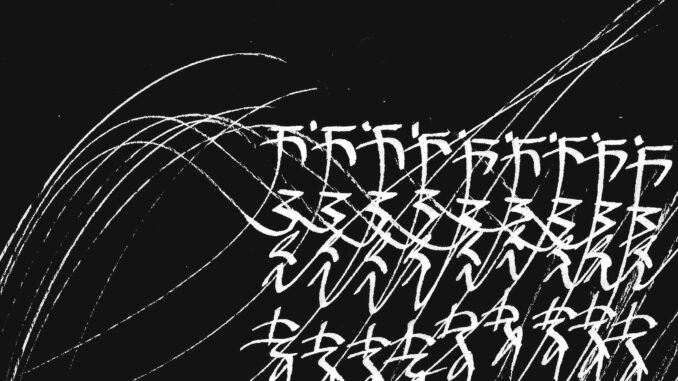
Our father encouraged us to read A Tale of Two Cities by Charles Dickens in our youth. Decades later, at the beginning of the pandemic, I inscribed the opening sentence of the book. Calligraphy is a way of taking control of situations in which you have little control. While writing, I stopped midway:
“It was the best of times, it was the worst of times, it was the age of wisdom, it was the age of foolishness, it was the epoch of belief, it was the epoch of incredulity, it was the season of Light, it was the season of Darkness, it was the spring of hope…”
![]()
I didn’t have the heart to inscribe the opposing contiguous phrase that followed, “…it was the winter of despair, we had everything before us, we had nothing before us, we were all going direct to Heaven, we were all going direct the other way—in short, the period was so far like the present period, that some of its noisiest authorities insisted on its being received, for good or for evil, in the superlative degree of comparison only.”
Reading Dickens in the twenty-first century, addressing his contemporary Victorian readers of the nineteenth century by looking back at eighteenth-century France and attesting “- in short, the period was so far like the present period.” Dickens says that our times may appear unprecedented, and they may be so in our own lives, but in the life of humankind, not so. It has happened before, with even greater severity. It will happen again.
Something else that Dickens implies in his manner of piling up opposing phrases in a plethora of antitheses, “It was the best of times, it was the worst of times, it was the age of wisdom, it was the age of foolishness, it was the epoch of belief, it was the epoch of incredulity …” viz. moments of joy and sorrow cancel each other and neither ought to dominate us and make us lose our equanimity.
No joy can exceed the presence, and no grief can be greater than the loss of a loved one. In both states, Muhammad ﷺ, in a letter to his companion who had lost his son, advised stoic composure: gratitude for his presence; patience at his loss. Muslims are permitted three days of mourning, on the fourth day, they are to carry on with life with composure while grieving may continue within. For the sake of the equanimity of the community, matters of heart remain concealed in the heart, with the mind in repose.
Our father recommended we read A Tale of Two Cities so that we don’t end up dwelling exclusively in either state of the antithesis, while truth dwells somewhere in between.
![]()
Note: Both calligraphic quotes: It was the best of times and Grief (Gifts & Gratitude) as well as the memoir essay Father Taught Me To Teach may be downloaded from Academia.
******
This author in The Beacon

Leave a Reply